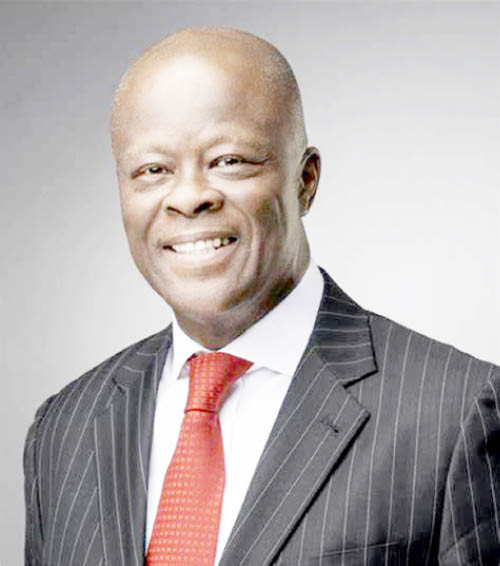The Federal Government has acknowledged the urgent need for accurate and comprehensive data to drive economic policy and human capital development, citing systemic inefficiencies that hinder effective decision-making.
Speaking in Abuja on Tuesday, the Minister of Finance and Coordinating Minister of the Economy, Wale Edun, emphasized that Nigeria’s progress in economic reforms and developmental planning is being undermined by a chronic lack of reliable data.
“Economic decision-making is critical, and data is at the heart of it,” Edun said while receiving the Special Adviser to the President on Economic Matters and Climate Change, Rukaiya El-Rufai, along with a visiting delegation from the Hertie School, Germany. “It becomes almost impossible to implement impactful reforms or plan for human capital development without the right data.”
Edun pointed to revenue collection as one area suffering from data fragmentation. “We must digitize and automate the process to gain a full picture of who is paying what. Without that transparency, we cannot plan efficiently.”
Using Lagos State as an example, Edun credited its economic transformation to the adoption of automated financial systems. “Lagos has seen results because the data was there. That’s what we intend to replicate nationally.”

Data Gaps Hindering Development
Nigeria’s data deficit has long been a stumbling block in key development initiatives. A World Bank report revealed that only 2.5 million Nigerians—a mere 1.25% of the population—benefited from the Conditional Cash Transfer (CCT) programme, due in large part to poor data coverage and weak identification systems.
Addressing the same forum, Dr. Rolf Alter of the Hertie School proposed a strategic 36-month partnership with Nigeria to bolster digital governance and data-driven decision-making. The initiative would align with Nigeria’s Human Capital Development (HCD) 2.0 strategy and receive support from partners such as ECOWAS, GIZ, and the Gates Foundation.
“The goal is to strengthen national and subnational policy delivery and improve institutional capacity for digital governance,” Dr. Alter said. “We bring 20 years of experience in public sector innovation across Europe, Africa, and the Middle East.”
Call for State-Level Collaboration
Also speaking at the event, Presidential Adviser Rukaiya El-Rufai stressed that no nation can achieve sustainable growth without investing in its people. “Nigeria needs targeted, strategic investments at the state level. Human capital development must be a priority,” she said, urging more collaboration among states to accelerate inclusive growth.
The renewed focus on data and human capacity marks a growing recognition within Nigeria’s leadership that digital transformation and effective governance must underpin the country’s path to prosperity.



